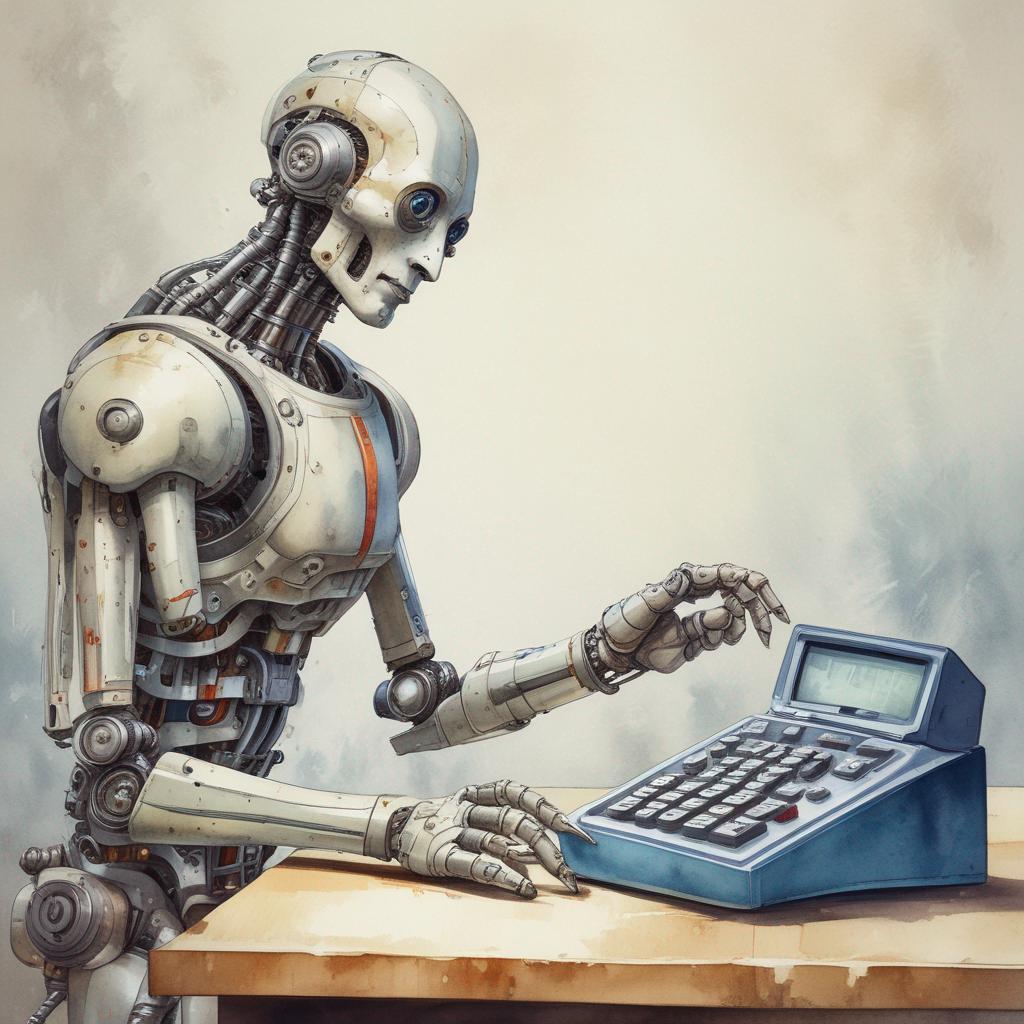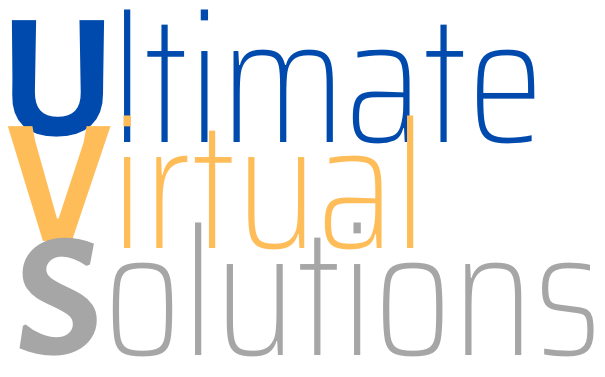This article, AI LLMs vs School Calculators, is based on an idea presented in the Tools for Motivation PLR community group by Paul Sullivan, self employed programmer and online marketer in Pittsburgh PA.
The conversation surrounding the introduction of AI-powered large language models, such as ChatGPT, into various facets of life today bears a striking resemblance to the debate that took place during the 1970s over the introduction of electronic calculators in schools.
Both technological advancements represent significant shifts in how individuals approach problem-solving, learning, and even creativity. They have stirred discussions about the impact on human skills, the balance between technological assistance and personal ability, and the potential for both positive and negative societal changes. By examining these two instances of technological integration, separated by decades yet similar in their implications, we can gain valuable insights into how society grapples with new tools that challenge traditional methods.

Electronic Calculators In Schools: An Historical Perspective
In the 1970s, electronic calculators began to make their way into classrooms, fundamentally altering the way mathematics was taught and learned. These devices, which could perform complex calculations in seconds, were initially met with skepticism and resistance by educators, parents, and policymakers. The concerns revolved around a few key points:
● Erosion of Basic Skills: One of the primary concerns was that students would become overly reliant on calculators and, as a result, would not develop a solid foundation in basic arithmetic. The fear was that the mental math skills that had been painstakingly cultivated through traditional methods would atrophy, leaving students unable to perform even simple calculations without the aid of a machine.
● Loss of Cognitive Engagement: Educators worried that the use of calculators would reduce the need for students to engage deeply with mathematical concepts. Instead of understanding the principles behind the calculations, students might simply input numbers and accept the output without grasping the underlying logic.
● Equity Concerns: There was also anxiety about equity—whether all students would have access to calculators, and whether those who could not afford them would be at a disadvantage. This concern extended to the potential widening of the gap between students who were already struggling and those who were more advanced.
● Impact on Teaching Methods: The introduction of calculators also raised questions about the role of teachers and the traditional methods of instruction. Would teachers need to adapt their teaching styles? Would the focus of education shift from learning how to calculate to learning how to use tools that calculate?
Despite these concerns, calculators were eventually embraced as a valuable educational tool. Over time, educators and policymakers recognized that calculators, when used appropriately, could enhance learning rather than detract from it. They allowed students to tackle more complex problems, fostered exploration of advanced mathematical concepts, and prepared students for a world where technology would be increasingly integral.

The Rise Of Large Language Models: Echoes From The Past
Fast forward to the present day, and we find ourselves in the midst of a similar debate, this time centered around AI-powered large language models like ChatGPT. These models are capable of generating human-like text, answering questions, writing essays, and even engaging in creative endeavors. As with calculators, the introduction of this technology has sparked a wide range of reactions, both positive and negative.
● Concerns About Skill Erosion: Just as with calculators, there is a fear that reliance on AI large language models could lead to the erosion of fundamental skills—this time, in writing, critical thinking, and communication. Critics argue that if individuals become too dependent on AI for generating text, they may lose the ability to write effectively, construct logical arguments, or express ideas clearly on their own.
● Impact on Cognitive Engagement: There is concern that the use of AI to generate text or answer questions might reduce the need for deep engagement with the material. For example, a student might use an AI model to complete an assignment without fully understanding the content or the reasoning behind it. This could lead to a superficial grasp of knowledge rather than a deep, meaningful understanding.
● Equity and Access: As with calculators, there are equity concerns surrounding the use of AI large language models. Access to such technology is not universal, and there is a risk that those without access may fall behind. Additionally, there is concern about the potential for AI to reinforce existing biases, thereby exacerbating social inequalities.
● The Role of Human Creativity: AI large language models have also raised questions about the role of human creativity. If an AI can generate poetry, write articles, or compose music, what does that mean for human creators? Will AI diminish the value of human creativity, or will it serve as a tool that enhances and amplifies it?
● Ethical Considerations: The introduction of AI into everyday life has brought about a range of ethical considerations. These include concerns about data privacy, the potential for AI to spread misinformation, and the implications of AI-generated content being used without proper attribution.

Lessons From The Calculator Debate: Informing Our Understanding
Looking back at the calculator debate can offer valuable lessons for how we might approach the integration of AI large language models into our lives today.
● Balanced Integration: One of the key lessons from the calculator era is the importance of balanced integration. Calculators did not replace the need for students to learn basic arithmetic; rather, they were used as tools to enhance learning once those foundational skills were established. Similarly, AI large language models should be viewed as tools that can augment human abilities, not replace them. By using AI thoughtfully, individuals can focus on higher-order thinking and creativity, while AI handles routine tasks.
● Emphasizing Understanding: Another lesson is the need to emphasize understanding and critical thinking. Just as educators learned to ensure that students still understood mathematical concepts even while using calculators, it is crucial that users of AI large language models engage critically with the content they generate. This might involve using AI as a starting point for exploration, rather than a final answer.
● Equitable Access and Education: Ensuring equitable access to technology remains a priority. Just as efforts were made to provide calculators to all students, similar initiatives should be undertaken to ensure that AI tools are accessible to everyone. Additionally, education about how to use AI responsibly and effectively is essential to maximizing its benefits while minimizing potential drawbacks.
● Preserving Human Creativity: The rise of AI prompts us to reflect on what makes human creativity unique. While AI can generate content, it lacks the lived experience, emotional depth, and cultural context that inform human creativity. By leveraging AI as a tool, creators can focus on infusing their work with these uniquely human elements, thus enhancing the value of their contributions.
● Ethical and Responsible Use: Finally, the ethical implications of AI use must be considered carefully. As with any powerful technology, there is potential for misuse. Clear guidelines and ethical standards are necessary to ensure that AI is used in ways that are beneficial to society as a whole.

AI LLMs vs School Calculators: Outcomes Of A Conversation
I am often asked, "Will AI take my job?" and my answer is, "No, however someone who learns to use AI effectively will!"
The debate over AI LLMs vs School Calculators as it relates to AI large language models like ChatGPT mirrors the discussions that took place around the introduction of electronic calculators in the 1970s. Both instances involve the integration of powerful tools that have the potential to significantly alter how we approach learning, problem-solving, and creativity. By reflecting on the lessons of the past, we can navigate the challenges and opportunities presented by AI in a way that enhances human abilities, promotes equitable access, and preserves the essential elements of human creativity. Just as calculators ultimately became a valuable asset in education, AI large language models, when used responsibly, can become powerful allies in our pursuit of knowledge, creativity, and personal growth.
Got questions or maybe you want to discuss this or other AI related issues? Feel free to contact Steve here.
Discover more from Ultimate Virtual Solutions
Subscribe to get the latest posts sent to your email.

